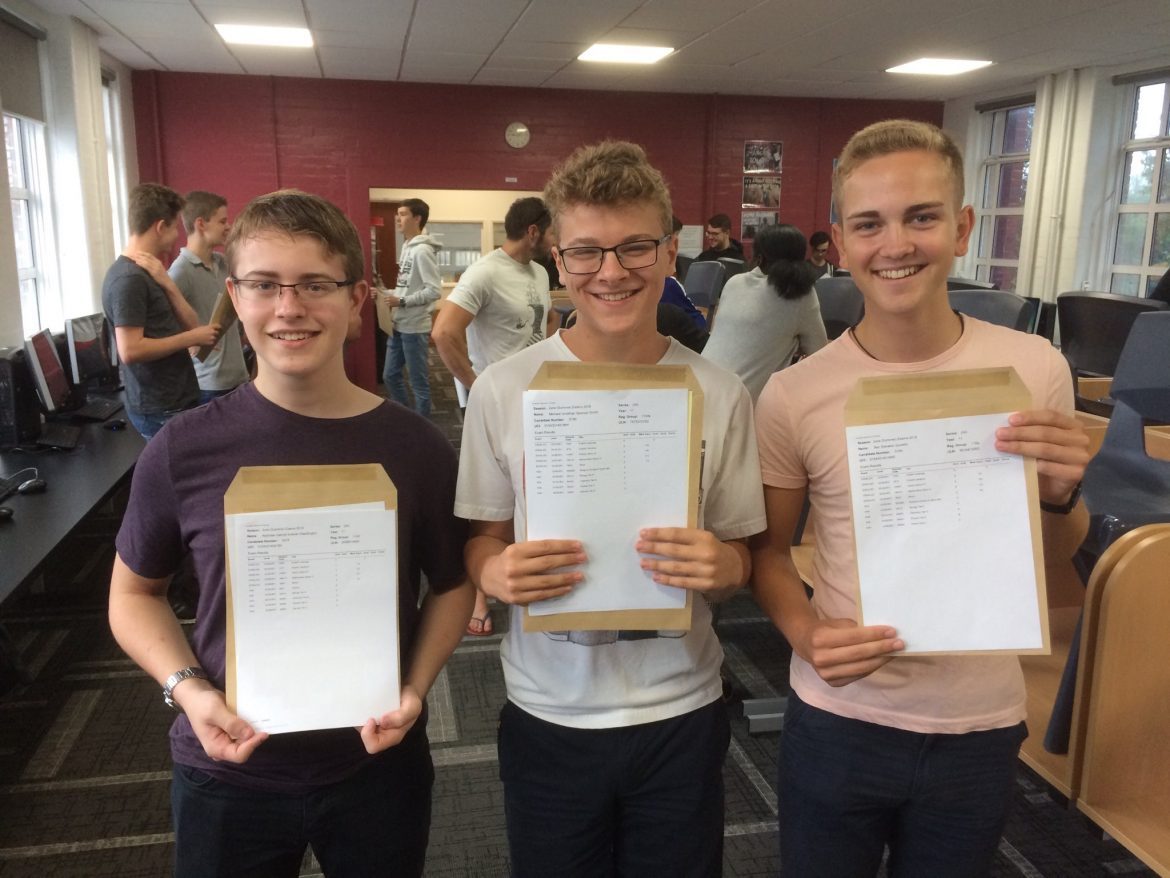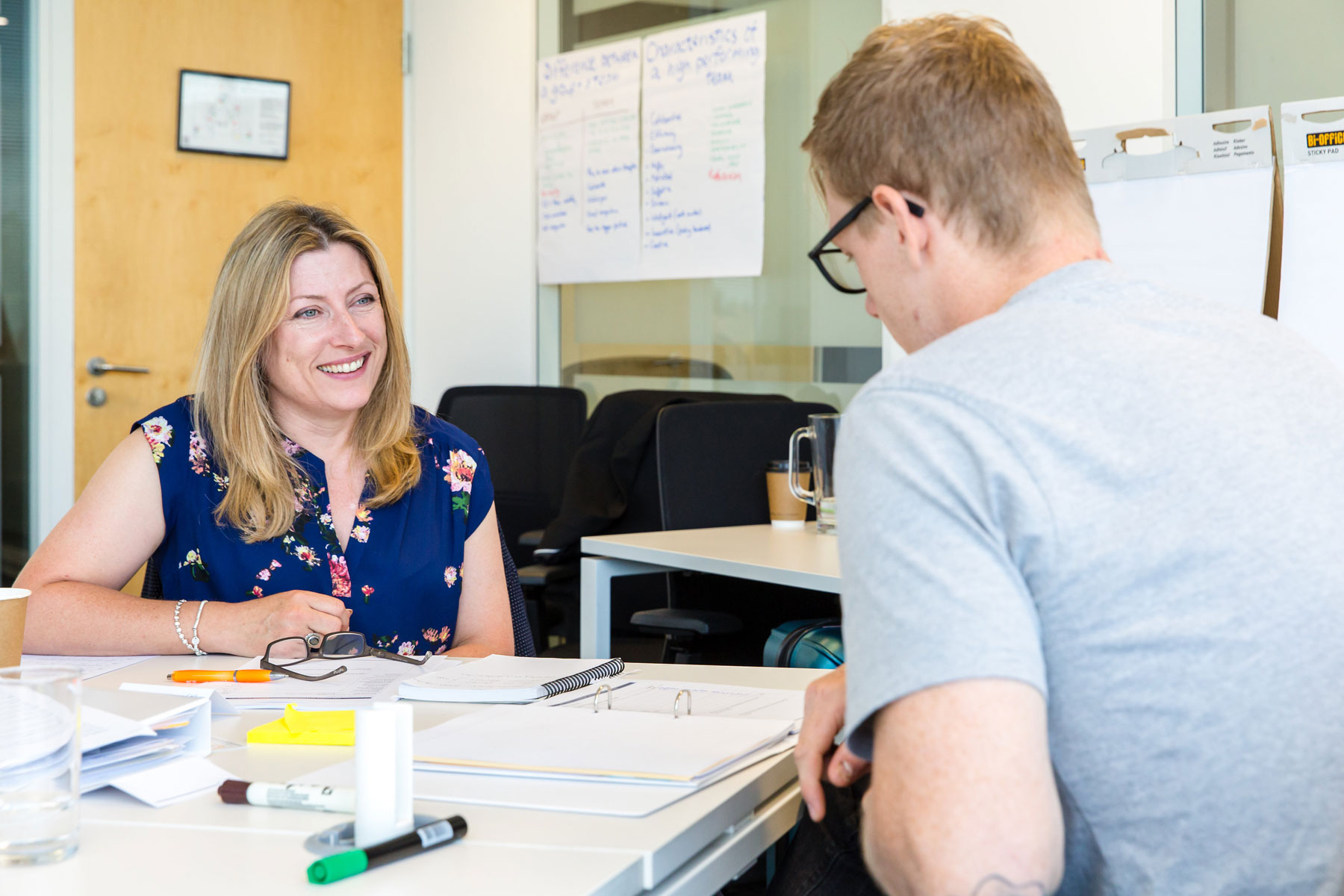Effective performance management equals a robust process, regular feedback, rock-solid calibration and not a soggy bottom in sight.
Nov, 2017


Effective performance management equals a robust process, regular feedback, rock-solid calibration and not a soggy bottom in sight.

How venturing out of our comfort zones on holiday can give us confidence back at work.



Here are 4 ways to ACE your interview
As part of National Careers Week, I ran Interview Skills sessions at a local careers fair for students preparing to leave school and apply for apprenticeships. Here are 5 tips I gave them, to help them stand out from the crowd, and ace their next interview.
Find out about the company beforehand.
Look them up online. What do they do? Have they been in the press recently?
Who’s interviewing you? Look them up on LinkedIn.
Just 5 minutes on the company website could make all the difference, (and make sure you mention this research during your interview.)
My husband was recently hiring sales people. He asked one candidate, who looked exceptional on paper:
“How much do you know about our company?”
“Nothing, really,”
“Have you visited our website?” “
Well, no. I’ve been a bit busy”.
The previous candidate had been well prepared and enthusiastic. Guess who got the job.
Just as you should be researching them, they may well be researching you. Hiring someone is a big commitment and employers want to reduce their risk. That all-important first impression may be created even before you meet in person.
During these sessions, I asked the students to search each other on-line and see what they could find in 2 minutes. Google images provided rich pickings. Hilarity soon turned to embarrassment and shock as they realised that any potential employer could also be looking at these pictures of them at festivals and parties. Everyone’s entitled to a private life and employers understand that, but it won’t hurt to increase your privacy settings and start to control your presence on line. It might just make the difference about who gets the job.
I shared this example with one of my own children who laughed, searched themselves, screamed, and immediately deleted their entire Twitter account.
Hiring managers often confess that they make up their minds about a candidate within minutes, or sometimes seconds, of meeting them. We always urge them not to, encouraging them to defer their decision making until they’ve heard what the candidate has to say, but nevertheless, we need to be realistic: the initial impression you create may impact the rest of the interview.
Harvard professor and body language expert, Amy Cuddy, has discovered that adopting what she called High Power Poses not only makes us look more confident, but it also creates hormonal changes within us: testosterone goes up and cortisol goes down, making us actually feel more confident and less nervous. Her 2012 TED talk on the subject, “Your Body Language Shapes Who You Are” has had 40 million views to date.
So, as you prepare to meet your interviewer, take a deep breath, stand tall, make eye contact, smile, step forward and offer a confident handshake.
Your voice is a valuable tool, so use it well. However good your answers may be, they won’t help you if your interviewer can’t hear you. A quiet, monotone quickly gets boring to listen to, while a fast, quiet voice sounds nervous. Try to increase the volume to ensure you’re audible, and vary your tone to sound more confident and enthusiastic. If you really want this position, you need to look like you want it, and sound like you want it too.
But be your best self. Your interviewer will be wondering what it would be like to work with you on a daily basis. Will you fit in with the team, the organisational culture and the customers? Will you turn out to be an asset, or a liability?!
Share examples of your skills. Don’t just tell the interviewer that you have good communication skills, or you’re a great team player, that you are organised or creative: show what you have done to build those skills and give examples. Playing sport, or an instrument, doing drama, a speech to your class, completing a coursework assignment, holding down a part time job all demonstrate skills and commitments which are valuable to employers. Show your personality, but remember, this is work, not school anymore.
Do your research, check your privacy settings, stand tall, speak up and be your best self. We practised every element, and I wished them well.